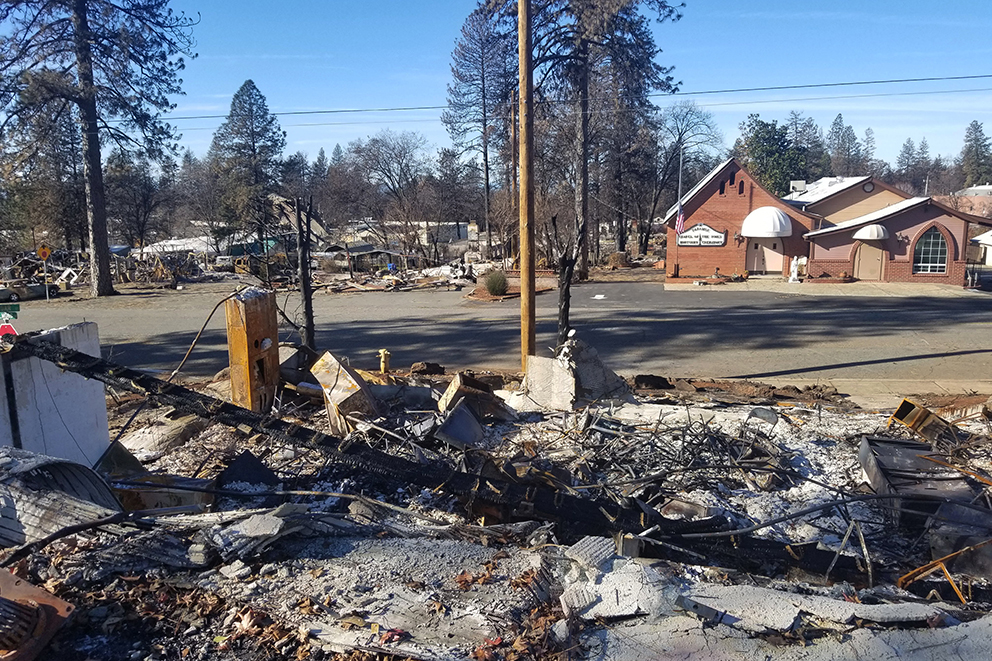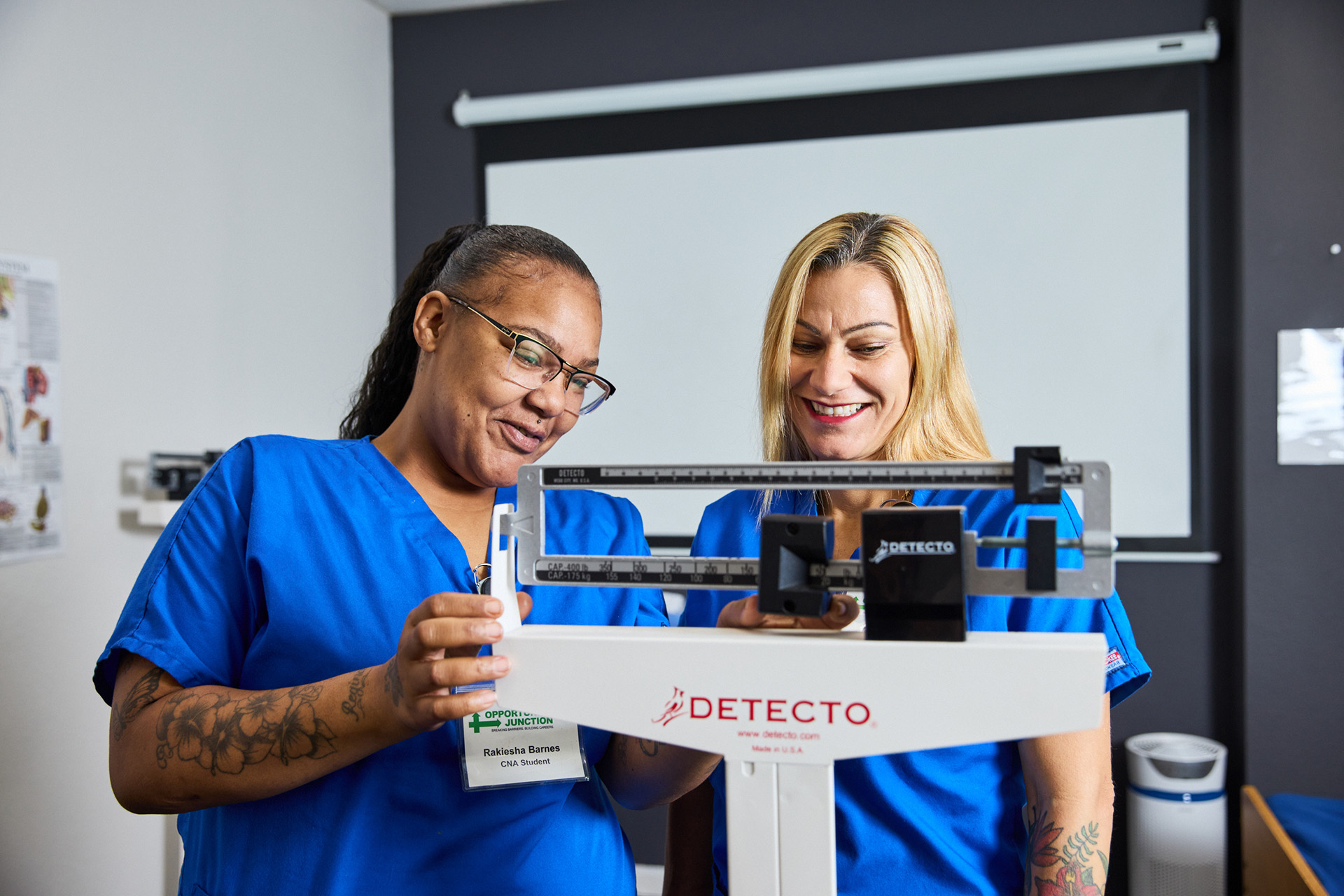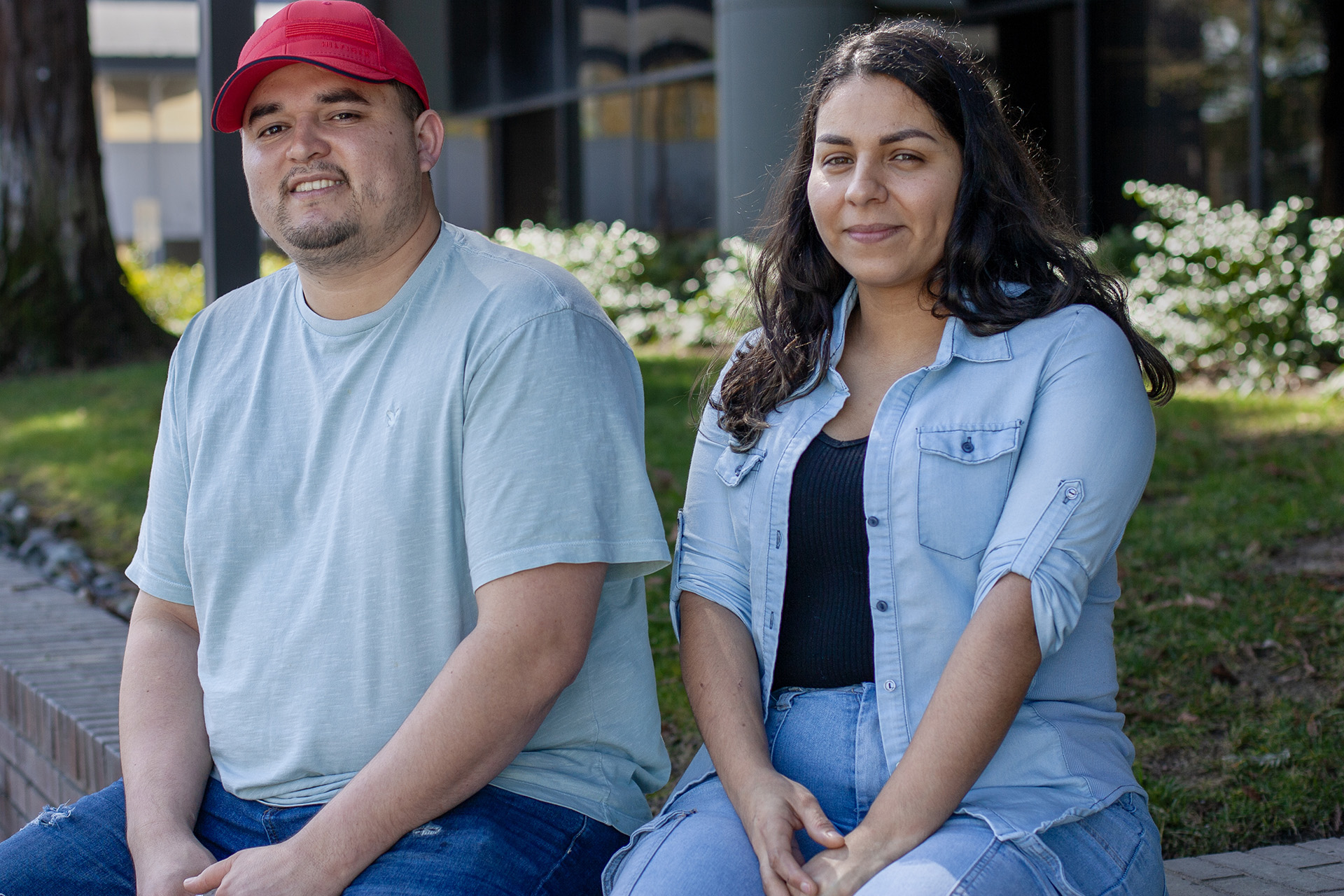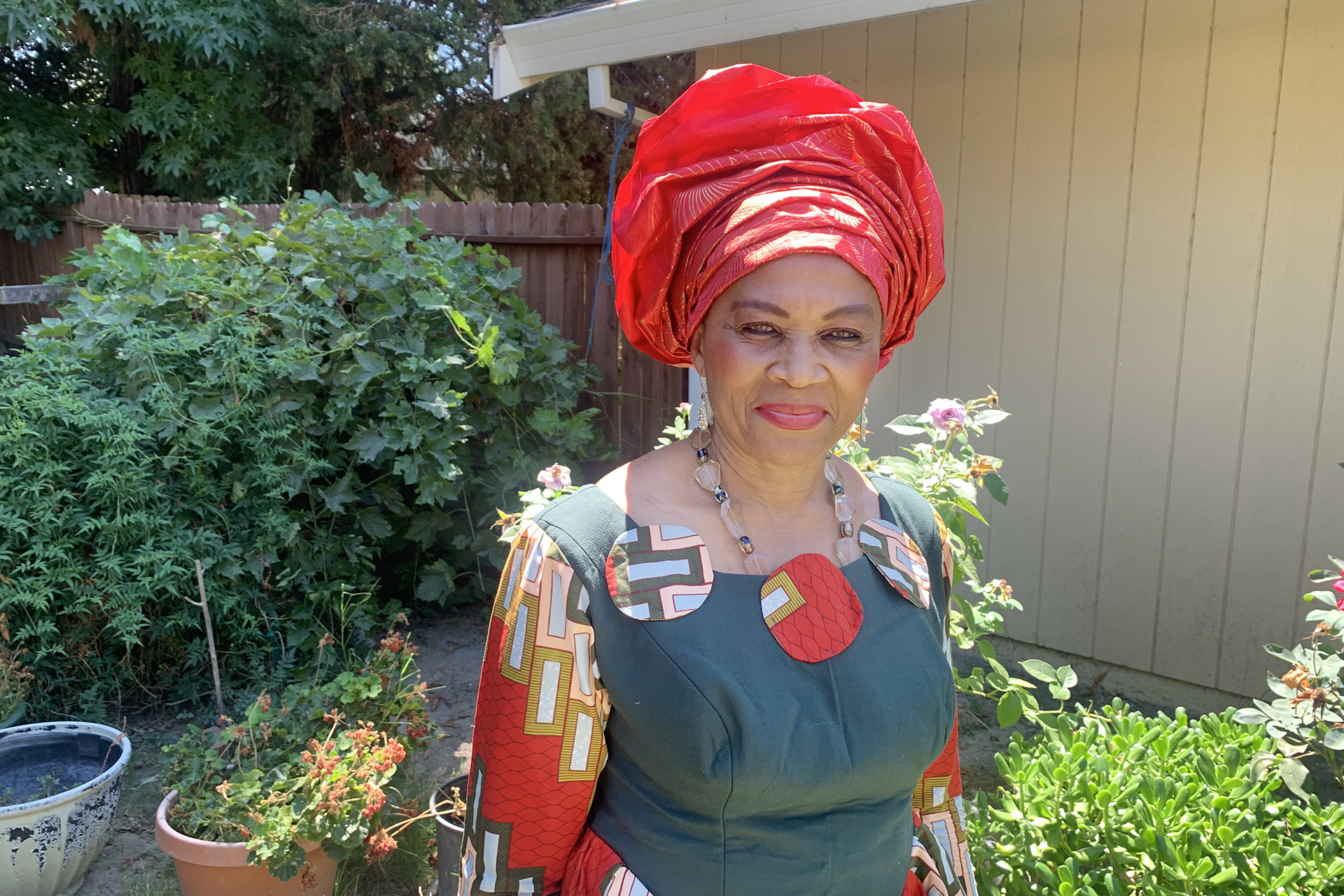Kaiser Permanente provided free phone counseling support to Butte County residents affected by the fires. Pictured, the remnants of the Paradise Mental Health Treatment Center of Butte County Behavioral Health after the fire.
Last November, Northern California experienced the most destructive fire in the state’s history as it swept through the Sierra Nevada foothills of Butte County, burning an estimated 153,336 acres and destroying over 13,600 homes. The weeks after the fire stretched into a wet, cold winter.
“I knew we had to go up there and offer support to those affected,” said Stuart Buttlaire, PhD, regional behavioral director for Inpatient Psychiatry, Continuing Care and Addiction Medicine at Kaiser Permanente Northern California. “I saw people who had been evacuated to a disaster center located at a local shopping mall. Some were asking for mental health support, but not many. After a disaster, people are mainly worried about survival, like, where their kids are going to eat or sleep. They don’t initially have time to react to that level of psychological trauma, and I wanted to make sure our organization could be there if and when they needed that support.”
Offering Help
Touring Butte County in December of last year, Dr. Buttlaire and staff from the Butte County Behavioral Health Department agreed that Kaiser Permanente could offer short-term phone support and counseling until May of this year.
First, affected residents called the Kaiser Permanente Santa Rosa mental health hotline for help, since the therapists there knew about this kind of trauma first-hand from the 2017 fires. Next, if residents needed more support, they were connected with Connect2Care, the region’s telepsychiatry program. Both phone options, as well as the Psychiatry After Hours Call Center, were designed to provide emotional support as well as practical information, such as how to apply for state aid or fill out insurance forms.
“I lost my childhood home in the Tubbs Fire,” said Britni Pimental, LMFT, a therapist from the Kaiser Permanente Santa Rosa Medical Center who spoke to many of the affected Butte County residents. “Oftentimes it helped for people to just have someone who could listen and provide empathy. Other times I helped connect them with resources. But a majority were displaying classic symptoms of PTSD.”
Pimental spoke to a woman who was recovering from a minor surgery at a hospital when the fire struck. Her partner was able to get herself and their dog out in time, but the hospitalized woman was suffering from severe survivor’s guilt. Another fire victim called to talk through a move to Arizona where she felt she needed to go because she couldn’t afford housing elsewhere in California.
“That was a hard one for me because she reminded me of my own mom,” said Pimental. “I was honored to be a part of this effort and support people outside of our service area.”
‘A Goodness to Our Organization’
“It’s paramount that we continue to help people who are in emotional distress and in crises. There’s a goodness to our organization that I’m always amazed and thankful to be a part of,” said Dr. Buttlaire. “Our experience over the last several years has made us all so sensitive and open to how we can help victims of disasters.”
Holli Drobny, public information officer at the Butte County Behavioral Health Department, agreed.
“When the fire first happened, most of our residents were in survival mode and trying to learn how to rebuild their lives. Just knowing that Kaiser, a leader in the health care industry, reached out to our small county to say, ‘we’re here and mental health matters,’ meant so much to us. They gave our community another resource for emotional support.”





This Post Has 0 Comments